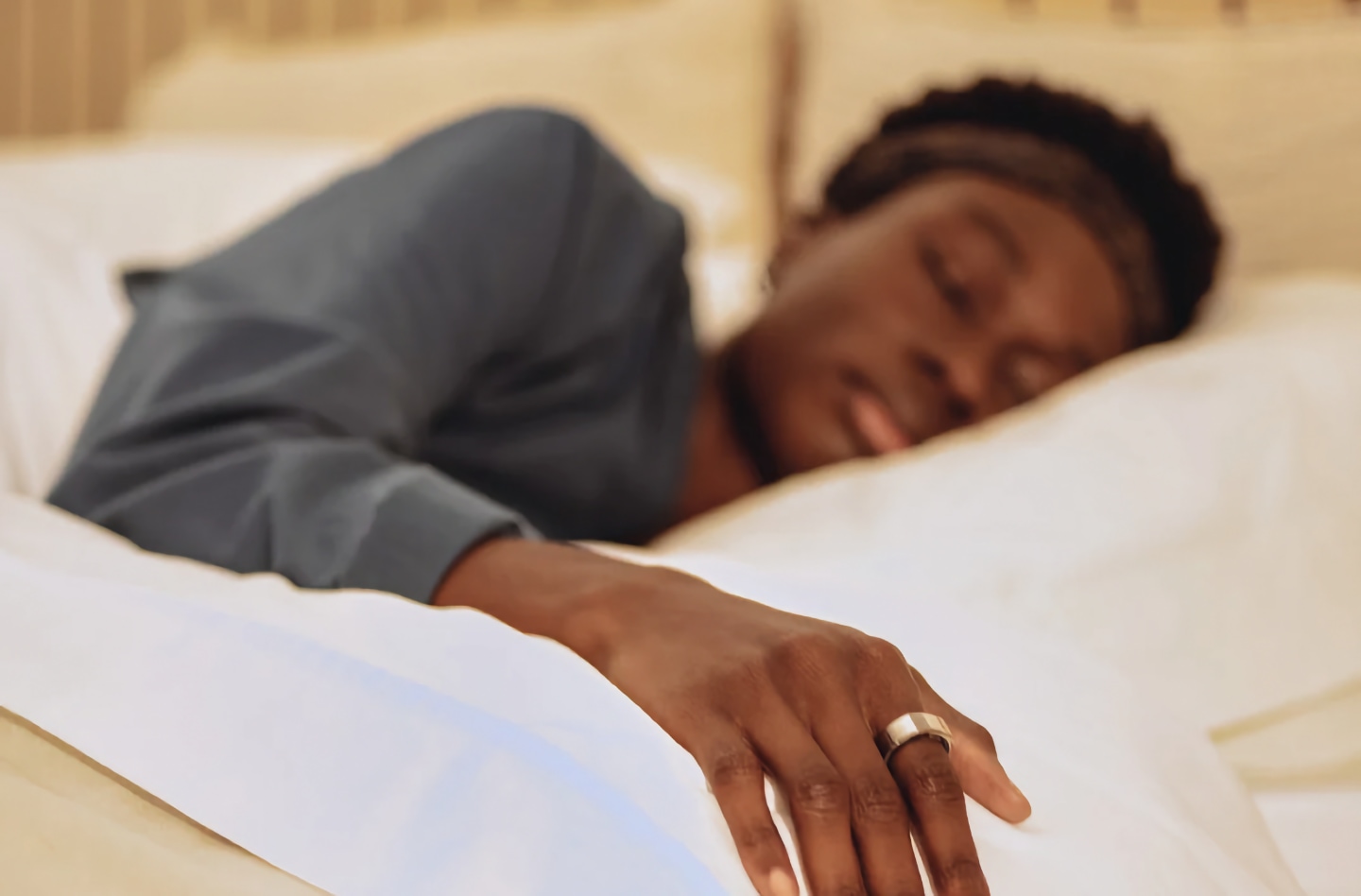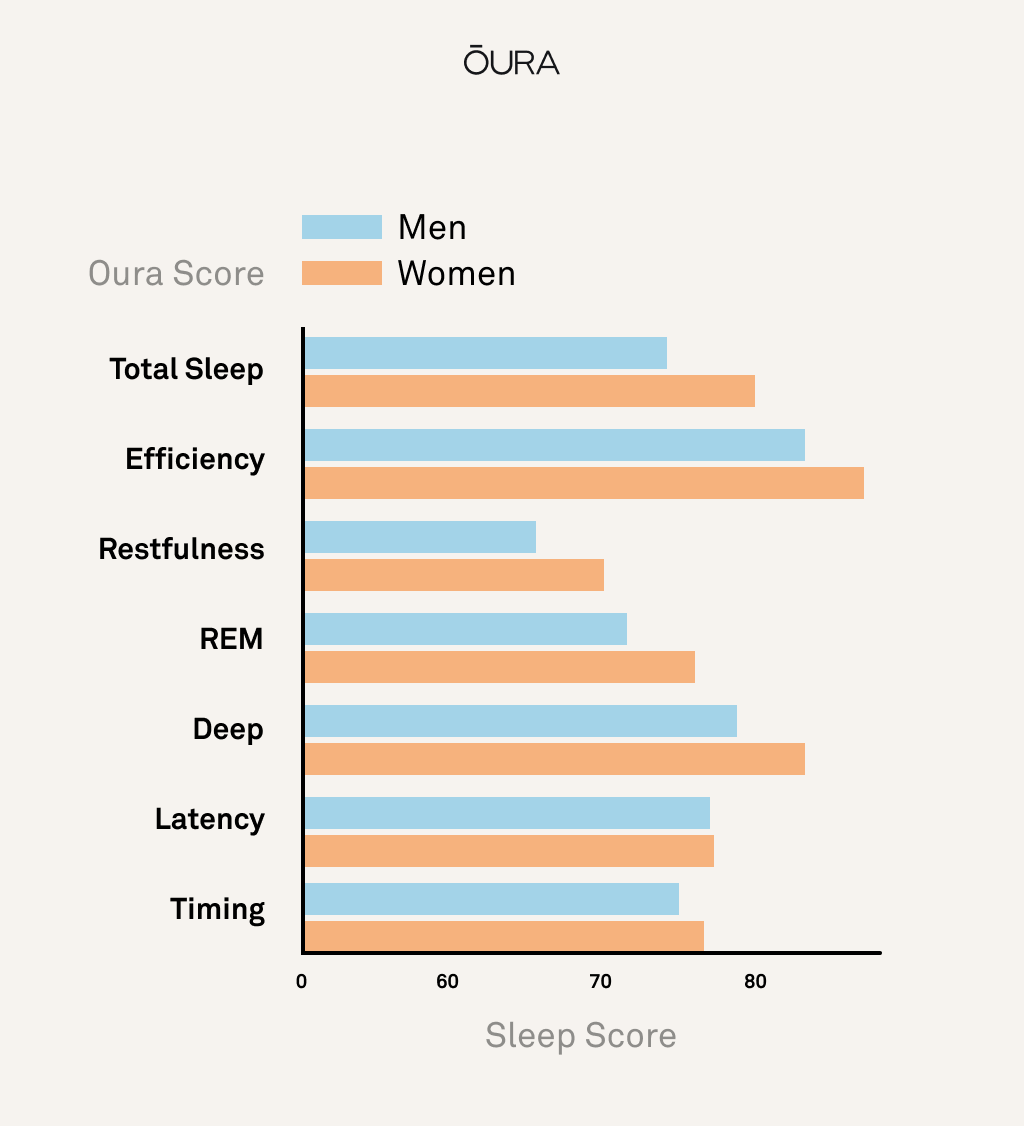While exercise and diet are two popular weight-loss strategies, many people overlook one of the most important keys for weight management: sleep.

The quality of your sleep plays a crucial part in how your body senses hunger, handles stress, and approaches exercise and movement.
Meet the Hunger Hormones
The main way that sleep affects weight management is through its impact on hormones that regulate appetite and metabolism — ghrelin and leptin. Ghrelin is your body’s hunger hormone, which signals to your body to eat more. Leptin is your satiety hormone, which lets your brain know when you’re full so you stop eating. On a typical day, ghrelin levels are at their highest before eating and at their lowest about an hour after you’ve finished a meal.
Leptin is produced by your body in proportion to your fat mass. In an average person, leptin levels rise as fat increases to send your brain the message that there’s enough energy stored that food isn’t a priority. If your fat levels decrease, leptin will go down again to encourage you to eat. In cases of obesity, the brain isn’t sensitive enough to leptin signals to recognize how much fat is already stored.
Sounds simple, right? Well, sleep deprivation throws a wrench into the system, disrupting this rhythm.
When you’re sleep deprived:
Your body defaults to hunger.
Your leptin levels decrease, while your ghrelin kicks into overdrive, meaning you’re both sleep deprived and hungry.
You may eat more than usual the next day.
Evidence shows that people who are sleep deprived scarf down an extra 500+ calories the day after a poor night’s sleep.
You crave junk food.
Sleepless nights are more likely to leave you snacking more frequently on low quality food (pizza, cookies, and ice cream instead of protein, nuts, and leafy greens).
Your energy system malfunctions.
Insulin enables cells to absorb glucose from the bloodstream for energy. Poor sleep actually makes your cells resistant to receiving these vital insulin signals.
You feel more stressed.
Less sleep equals more stress, and more stress can lead to less sleep — it’s a vicious cycle. (One survey found that 43 percent of people reported that stress caused them to lie awake at night.)
READ MORE: How Stress Affects Your Sleep
Cortisol, the hormone your body produces when under stress, isn’t all bad: It helps wake you up in the morning, also helps to lower inflammation when in normal amounts. However, when there are chronically high levels of cortisol it can disrupt your sleep — as well as your overall health.
Plus, when cortisol levels are consistently elevated, it can lead to increased appetite and cravings for high-calorie, high-fat foods. Additionally, cortisol can promote the storage of fat in the abdominal area, which is associated with increased health risks such as cardiovascular disease and diabetes. Furthermore, cortisol can interfere with the production of thyroid hormones, which are important for regulating metabolism. This can lead to a sluggish metabolism and difficulty losing weight.

This data also showed that, compared to men, women spent significantly more time in REM and deep sleep and less time in light sleep. This may be because women go to bed earlier than men, but men and women tend to wake up around the same time.
Understanding Your Body for a Good Night’s Sleep
Understanding how male and female bodies sleep differently can help you take steps to get more quality sleep. But for personalized data and recommendations based on your biology, head to the Oura App.
There, you’ll find your Sleep Score, which tells you how well you slept last night based on markers such as sleep duration and efficiency. Use this data to make changes to your bedtime routine and see how they impact your sleep.
RELATED: Got a Theory? Test It Out
About the Oura Expert
Raphael Vallat, PhD, is a senior machine learning data scientist at Oura. He previously worked as a sleep researcher in the Center for Human Sleep Science at University of California Berkeley (Prof. Matt Walker‘s lab). He has published extensively on the topic of sleep and human health, and his work has been featured in several major news media and podcasts. In his free time, you can find him enjoying precious moments with his amazing wife and daughter, playing music, or hiking with friends.
Subscribe to our Mailing List
Keep up to date with our latest blog posts
We do not spam. You can unsubscribe anytime.

